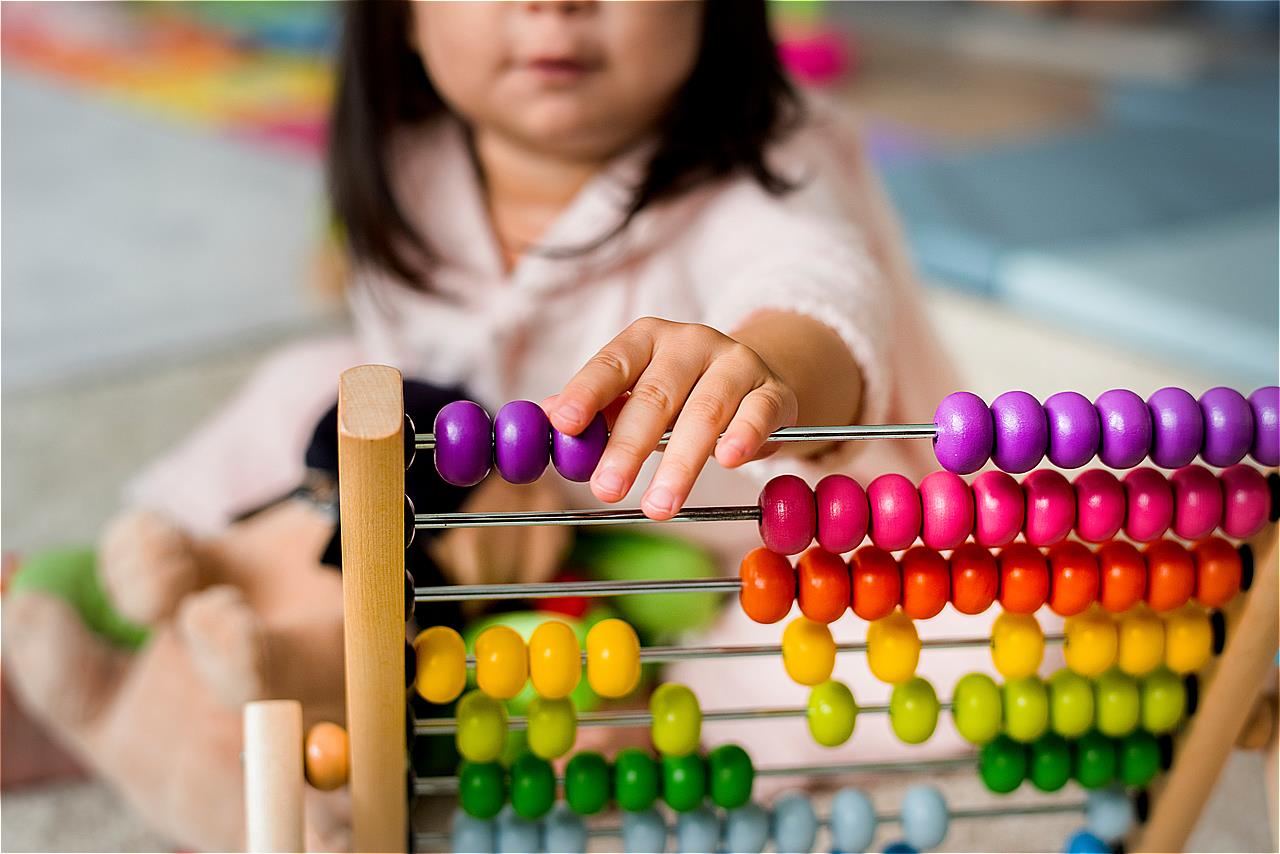Children with Initiative and Autonomy
From Passive to Initiative-Driven Children
In Japan, the educational system tends to be teacher-centric, where teachers primarily impart knowledge and skills after elementary school. Therefore, it becomes crucial to establish a firm sense of self by the age of six, even within such a system, without losing one's identity. The establishment of oneself requires initiative, where children actively engage with various events on their own accord.

The Misconception of "Just Teaching"
Misinterpreting this aspect as "since education becomes teacher-centric after elementary school, it's important for adults to instruct and teach children to get used to it" is incorrect. Of course, there are many things that need to be taught. However, merely imparting knowledge unilaterally does not foster the proactive lifestyle of "thinking for oneself, making decisions, and acting independently."
The Nature of Human Beings
Human beings are fundamentally designed to live in this way. In Montessori education settings, instead of giving instructions or teaching children directly, freedom is given and children are entrusted with the task of developing the ability to "think for themselves, make decisions, and act on their own." When innate talents combine with experiences through Montessori education, humans can demonstrate remarkable abilities.


